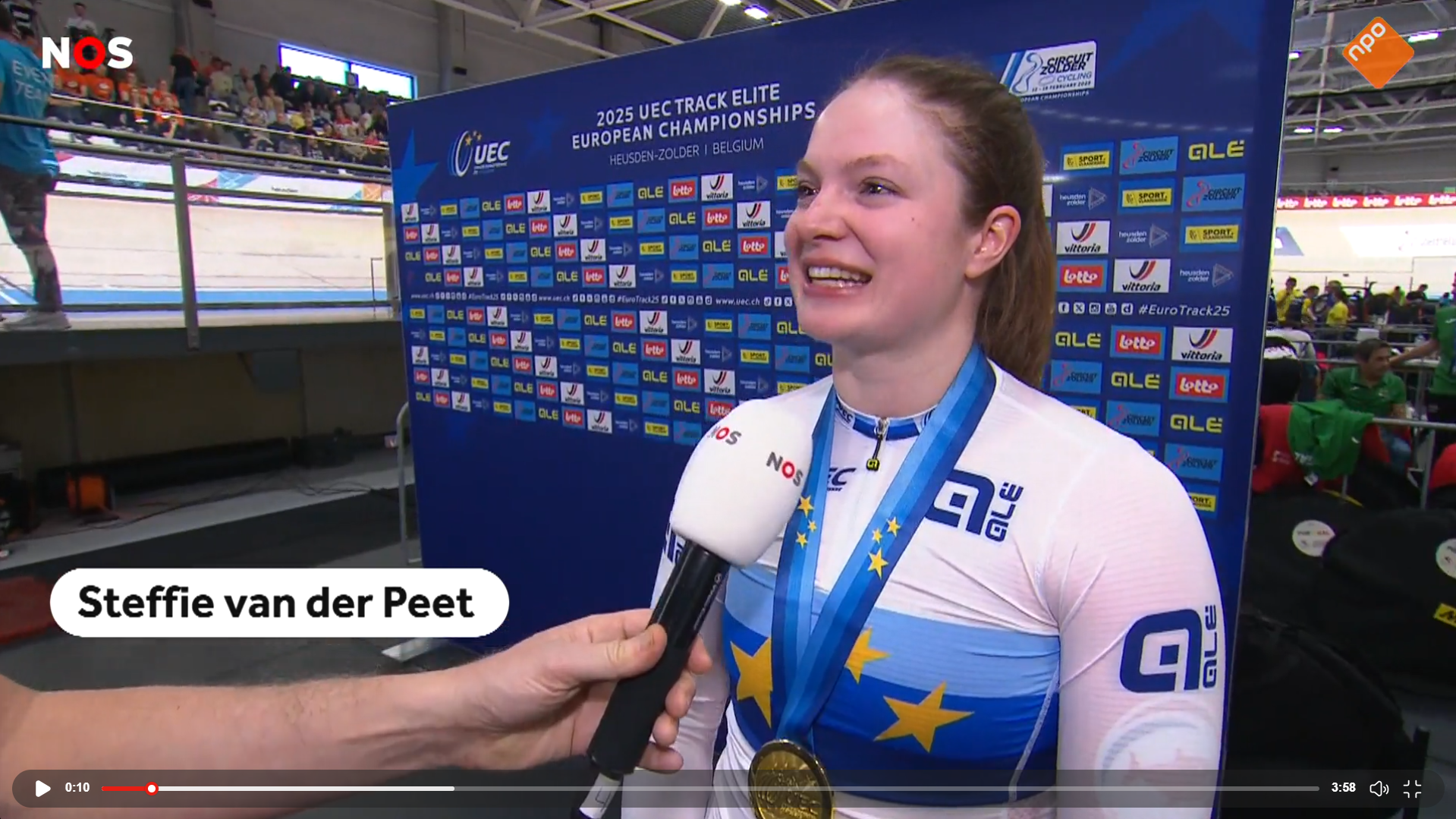Health and sports initiatives help people suffering from obesity to adopt a healthy lifestyle. Participants in such programmes, however, frequently return to their old habits. Lisanne Mulderij obtained her doctorate on the efficacy of a two-year programme for people with minimum wages or lower. The cost of sports is a significant factor in discontinuing sports activities after the end of the programme.
Overweight and obesity are prevalent amongst those with a lower socioeconomic status. The health-sports programme X-Fitt 2.0 was launched in Arnhem in 2016. This programme, targeting people with a minimum income or lower, is a combined lifestyle intervention focusing on a healthy diet and exercise. Lisanne Mulderij (Health and Society) studied the effect of this intervention on its participants. During the 12-week programme, participants exercised three times per week in a sports facility. Twice in a group, once individually. In addition, they were offered support in dieting and lifestyle coaching. ‘The idea is that participants continue to exercise and follow a healthy diet after the programme ends’, says Mulderij. To this end, they were supported by a lifestyle coach for almost two more years.
Walking
On average, the participants shed 3,4 kilogrammes during the two-year programme, with a considerable distribution. Some relapsed, but the majority have adopted ‘parts of the programme’, says the researcher. ‘They report they still have a healthy diet or walk into town rather than taking the bus. But also, that they engage in activities more, or invite others for fun activities.’
It would be great if health insurance companies included exercise in the basic health insurance.
Lisanne Mulderij, PhD at Health and Society.
A key factor preventing people from continuing their sports activities after the end of the programme is a lack of funds. The basic health insurance covers the health aspects of the lifestyle interventions, such as the lifestyle coach and dietician, but not the sports aspect. ‘This is something the participants must pay for themselves’, Mulderij explains. ‘A complicated issue, particularly for this target group – people with a low socioeconomic status, with a minimum income or below.’ She feels it would be great if health insurance companies included exercise in basic health insurance. ‘Especially for a local initiative for people with minimum wages, the municipality and the health insurance should reach agreements to ensure that the participants can work out.’
Free sports
The researcher asked over one thousand Dutch citizens with lower and higher incomes what lifestyle-enhancing projects for people with low incomes they would prefer to see funded. Both income groups most frequently chose free or cheap fruit and vegetable boxes of sports memberships. Whether or not free sports are offered, there is always a free alternative, says Mulderij: outdoor sports. ‘Hiking, cycling, running, exercising in the park. Not all of the participants are aware that this too is considered exercise, and it comes free of charge.’

 Lack of funds was the principal reason why participants in the X-Fitt 2.0 programme discontinued their workouts after the two-year programme ended.
Photo Shutterstock.
Lack of funds was the principal reason why participants in the X-Fitt 2.0 programme discontinued their workouts after the two-year programme ended.
Photo Shutterstock.


